Search Results for 'MP'
40 results found.
The Mayo member and the maid

John Deasy was on one of his regular trips to London. While carrying out his duties as the member of parliament for the constituency of Mayo West, Deasy was a frequent lodger at Mrs Postlethwaite’s boarding house at 75 Warwick Street, Pimlico, where he occupied a back room on the top floor. After a busy weekend, the tired 37-year-old MP returned to his room on the evening of Sunday, 4 June, 1893. One candle burned on the table by his bed, emitting limited light. It being a late hour, Deasy rang the service bell in order to request his supper. He walked on to the landing to meet his familiar servant girl, Ellen Lewis. Lewis was a girl of 16 years of age and by his own account, Deasy had always considered her a virtuous and modest girl. But, whether through boredom or through more corrupt thoughts, Lewis’ angelical qualities had not prevented the married Deasy from flirting with the young maid during previous stays.
When the Mayo oligarchy ruled all
During the Georgian era, powerful Protestant families owned large tracts of land throughout County Mayo and the province of Connacht. The Castlebar based Bingham family, together with the descendants of Sir Arthur Gore (1685-1742), formed a family compact or oligarchy through marriage and blood whereby political appointments and other influential positions would be secured among themselves. In an era when marriage was determined by the spirit of collateral calculation, the children of Sir Arthur Gore and Elizabeth Annesley would cement the oligarchy.
The night Stephen Gwynn MP nearly lost his pants
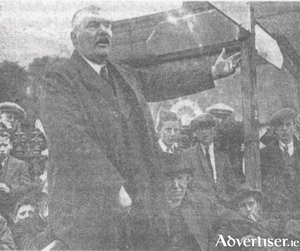
The outbreak of World War I brought to a head the divided camps among Irish nationalists, both of whom wanted Home Rule, or Independence, but both saw different ways to achieve it. Probably because of the large army presence in the town, and the natural benefits that the army brought to traders, as well as the family connections that had developed over the years between town and soldiers, the majority of people in Galway town favoured the British military approach.
Racing the Union’s blockade of Confederate ports
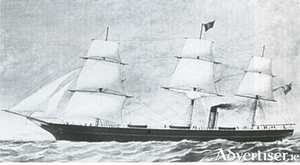
The American Civil War (1861-1865) offered rich pickings to qualified seamen and shipowners looking for quick profits. The Union blockade of southern ports was beginning to have an effect on Confederate trade. But any ship which steamed safely through the blockade could command high prices for its cargo. On the homeward journey, if you were lucky, large profits could be made on a cargo of cotton which was in big demand in Britain.
New one-man show on 'Humanity Dick'
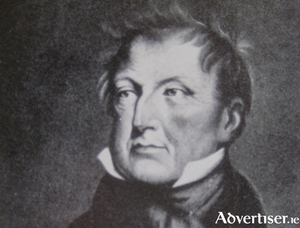
RICHARD MARTIN, the larger than life Galwayman, duellist, and animal rights pioneer, nicknamed 'Humanity Dick' is the subject of a new one man show as part of the Galway Fringe Festival.
66 Days - Bobby Sands life examined in new documentary
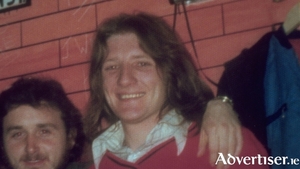
IRA VOLUNTEER, hero, martyr, terrorist, criminal, political prisoner, poet, MP for Fermanagh-South Tyrone, writer, icon, Irish Republican - Bobby Sands was some of these things, and he has been described as all of these things.
Kinder gentler politics and media needed in our democracies
Ms Jo Cox – what a simple name; what a dreadful deed.
The funny side of the political, the personal, and the social
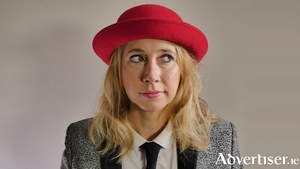
GALLANT it was not. Neither was it dashing. Even less was it sophisticated, but in spite of all that, Tiffany Stevenson admits that Galway was where she was treated to "the best chat-up line I've ever heard".
One war that Fr Conway lost
Before Fr Peter Conway was appointed parish priest of Headford, he was a curate in Ballinrobe. His very considerable energies were thrown into building a new church and presbytery. He also succeeded in acquiring a site for the Convent of Mercy and Christian Brothers’ schools in a primary location in the centre of the town. And all may have been well, and the good father praised for his building and organisational skills, and allowed to live in peace, were it not for the Mayo general election of April 6 1857.
Portrait of a Galway writer
During the past few weeks I have tried to give some of the formative influences on the life of the writer Eilís Dillon as she grew up in Galway. The impact of her parents’ (Professor Tom Dillon and Geraldine Plunkett) commitment to the War of Independence, and her nightly fears of sudden raids on their home by the Black and Tans was a nightmare that stayed with her all her life.

